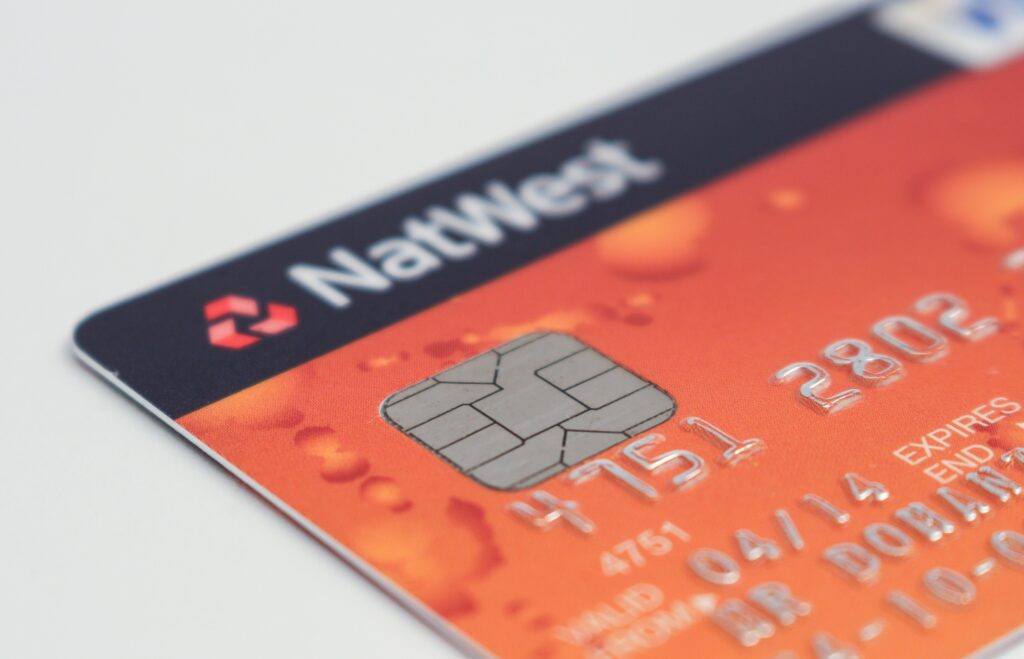Your credit score is one of the most important measures of your financial health. It tells lenders at a glance how responsibly you use credit. The better your score, the easier you will find it to be approved for new loans or lines of credit. A higher credit score provides access to the lowest available interest rates when you borrow money.
In this post, I am going to be telling you what a credit score is, why it’s important and why you should care about your credit score. and I’m also gonna give you 6 ways in which you can improve your credit.
What is a credit score?
A credit score is a point system that tells people how good you are at paying your debts, based on your financial history. It can form part of their decision to lend money to you as lenders want to know that you can afford the debt you are taking on.
Your credit score is based on:
- How much you’ve borrowed in the past, and where from
- Whether you’ve paid your debts back on time
- How often you’ve applied to borrow money
- If you’ve ever failed to pay money back
Most credit scores are scored out of 1,000. A good score is generally between 500 and 700. Anything higher than that is considered very good or excellent.
It’s pretty common to have a lower score when you’re young. Usually it means you haven’t had enough time to establish a history of borrowing money and paying it back yet.
However, if you’ve got a record of borrowing combined with a low credit score, it may indicate that you need to increase your credit score before applying to borrow again. Whether you haven’t had many loans, or maybe made a few mistakes, you can still increase your score over time.

Why should you care about your credit score?
There are several reasons why your credit score is important any why you should care about it.
The first reason why you should care about your credit score is:
- Utility Bills – Electricity, gas, mobile or broadband providers will often check your credit score before they provide their services.
- Employers – Some sectors, such as the banking sector and certain government jobs check credit scores as part of their vetting process.
- Housing – In the United Kingdom, landlords sometimes take credit scores into account when getting new tenants.
- Lenders – If you want to apply for something like a mortgage, loan or credit card, your credit score is taken into account by lenders.
A good credit score indicates to lenders that you are reliable with managing money.
How can you Improve your credit score?
1. Review Your Credit Reports
You can review your credit report through a number of credit bureaus such as: Equifax, Experian, and TransUnion. Things that can lead you to having a higher credit score include: making payments on Time, Low balances on credit cards, having a mixture of both credit cards and loan accounts and having older credit accounts.
Things that can lead you to having a lower credit score are late or missed payments, high credit card balances, collections or judgements against you.
2. Pay Your Bills on Time
Missed payments have the biggest negative impact on your credit score. That is why you need to get a handle on bill payments.
A simple way to make sure you don’t miss any payments is to automate bill payments or direct debits from your bank account.
3. Keep Credit Utilisation Low
Credit utilisation is the percentage of your total credit that you are using And is one of the most important determinants of your credit score.
A simple way to keep your credit utilisation in check is to pay your credit card balances in full each month. Another way to keep credit utilisation low is to avoid maxing out your credit card
4. Reduce Enquiries for New Credit
There can be two types of inquiries into your credit history, often referred to as “hard” and “soft” inquiries. A soft inquiry might include you checking your own credit and soft inquiries will not affect your credit score.
Hard inquiries, however, can affect your credit score—adversely—for anywhere from a few months to two years. Hard inquiries can include applications for a new credit card, a mortgage, an auto loan, or some other form of new credit. The occasional hard inquiry is unlikely to have much of an effect. But many of them in a short period of time can damage your credit score. Banks could take it to mean that you need money because you’re facing financial difficulties and are therefore a bigger risk. If you are trying to improve your credit score, avoid applying for new credit for a while.
Conclusion
In conclusion, your credit score is one of the most important aspects of your financial life because it will influence whether or not you get good deals when you are borrowing money. If you don’t have a good credit score, there are several things that you can do in order to improve it. Those things include lowering the amount of times you apply for credit and making all of your payments on time.
Have you used any of these techniques to improve your credit score? and how has your credit score impacted your financial life? You can send me a message and let me know.


